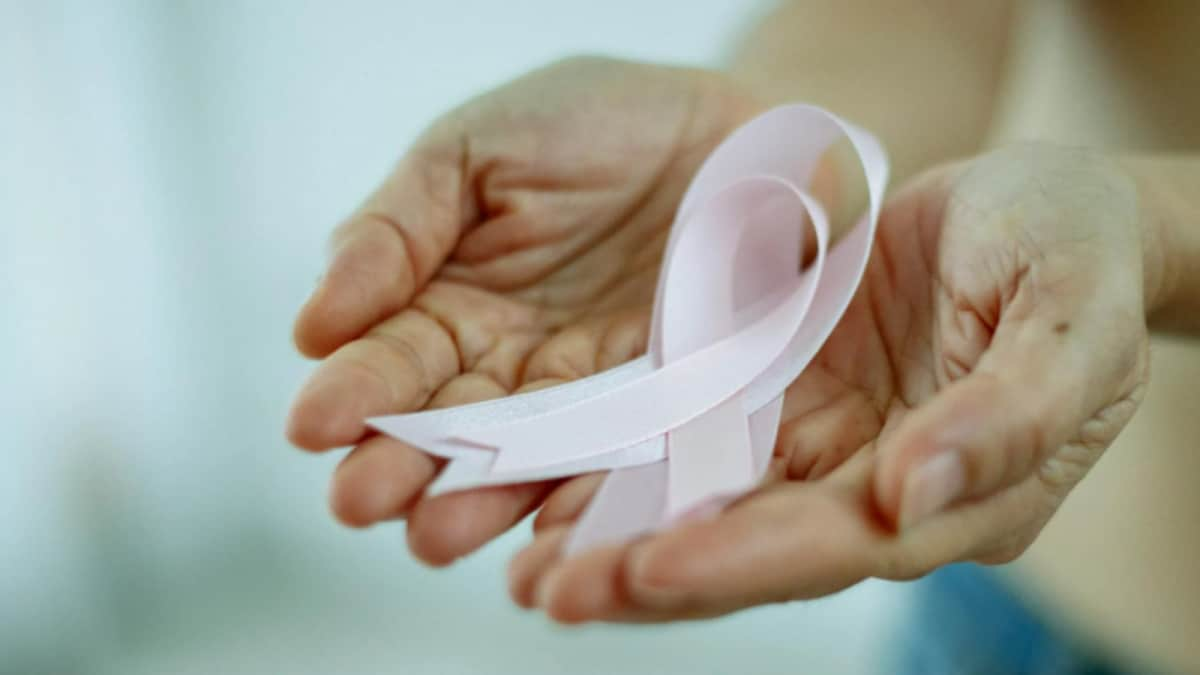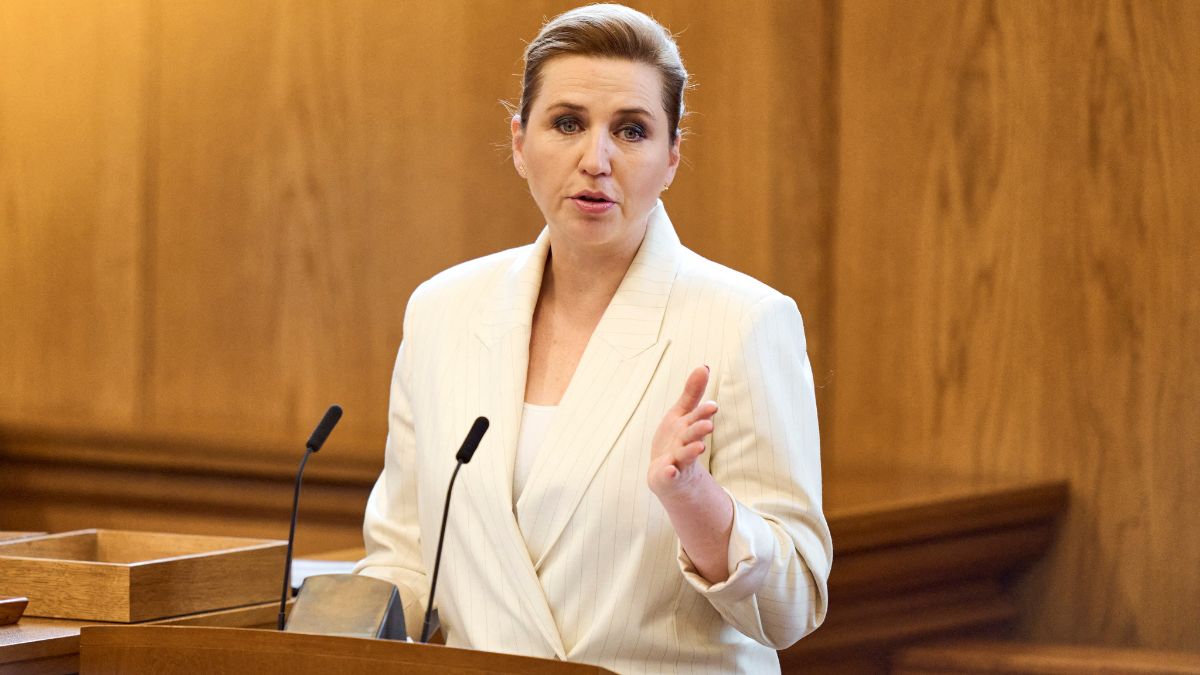Last Updated:
Breast cancer, once primarily associated with older women, is now becoming a threat for younger women in India. Lifestyle shifts have accelerated this alarming situation.

October marks Breast Cancer Awareness Month.
Once seen as a disease of older women, breast cancer is now emerging as an unexpected threat among women in their 20s, 30s, and early 40s. Doctors across India are witnessing a worrying trend that the disease is not only appearing earlier but is also progressing more aggressively. This shift points to a mix of changing lifestyles, genetic predispositions, and environmental triggers that are rewriting the risk profile of an entire generation.
A Wake-Up Call For A Younger Demographic
Recommended Stories
“We have witnessed an unsettling trend. Breast cancer is no longer a disease of older women alone. It’s striking younger women, often in their 20s, 30s and early 40s, and the rate of increase is faster than ever before,” says Dr. Jothi Neeraja, Founder and Chairman, People Tree Hospitals & Maarga Mind Care. “
The reasons behind this change are layered and interlinked. Lifestyle shifts such as delayed childbirth, reduced breastfeeding, sedentary routines, and rising obesity rates have created a perfect storm. “Add to that stress, disrupted sleep, high-fat diets, alcohol, smoking, and hormonal imbalance – it’s a dangerous mix,” Dr. Neeraja explains. These factors, combined with low awareness and late diagnosis, are driving the surge.
More Aggressive, Harder To Detect
Dr. Mansi Chowhan, Consultant Surgical Oncology, Fortis Hospital, Manesar, notes that the rise among young women is alarming. “We are seeing women in their 20s and 30s come with breast cancer – something that was rare a decade ago.” The challenge, she adds, lies in the biology of these cancers. “They are often triple-negative or pregnancy-associated types — fast-growing, aggressive, and frequently diagnosed late because younger women don’t consider themselves at risk,” she explains.
Routine self-exams, annual clinical check-ups after age 25, and awareness of subtle changes like painless lumps, nipple discharge, or skin dimpling are essential. “Early detection saves lives,” Dr. Chowhan stresses.
The Diagnostic And Genetic Shift
According to Dr. Kunal Sharma, Vice President and Head of Integrated Oncopathology at Agilus Diagnostics, nearly 25% of breast cancer cases in India now occur in women under 40. “The trend is significant compared to Western nations. Genetic factors like BRCA1 and BRCA2 mutations, environmental exposure, and lifestyle are all contributing,” he says.
Diagnostic tools have advanced – from digital breast tomosynthesis and ultrasound to genetic testing, which identifies high-risk individuals and influences treatment choices. “Genetic counselling and testing are pivotal because BRCA-related cancers often respond better to targeted therapies like PARP inhibitors,” he adds.
Empowering Young Women Through Awareness
Younger women often face delayed diagnosis due to low perceived risk and dense breast tissue, says Dr. Sachin Sekhar Biswal, Medical Oncologist, Manipal Hospital, Bhubaneswar. “Knowing your body, your family history, and your genetic risk can make all the difference,” he says. Self-exams, body awareness, and open discussions about breast health can shift the narrative from fear to empowerment.
As more doctors see breast cancer affecting women at younger ages, the message is clear – early awareness, screening, and lifestyle changes are crucial. The disease may be evolving, but so can our response. By prioritising self-care, breaking stigma, and seeking timely medical advice, young women can transform awareness into prevention.
Delhi, India, India
October 07, 2025, 19:11 IST
Loading comments…
Go to Source
Author: News18



)